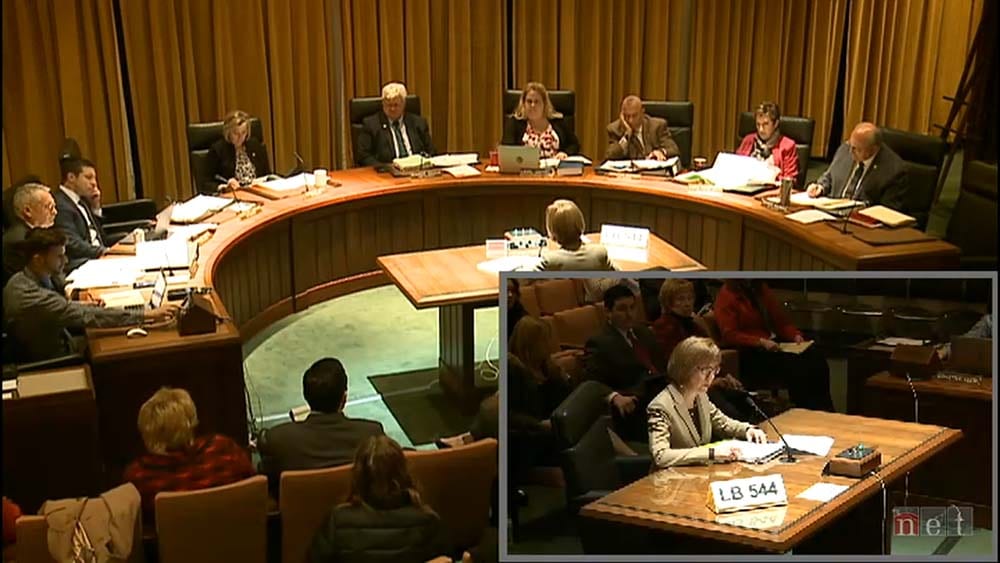Center for Social Development Policy Director Margaret Clancy testified Tuesday before the Nebraska Legislature’s Education Committee. The subject: Child Development Account (CDA) policy and research results.
“CDAs set the stage for widespread asset building, more positive development of children and families, increased post-secondary education and training, a more skilled workforce, and, ultimately, a stronger economy,” Clancy said in her testimony. “CDAs are a good investment.”
Under the committee’s consideration was LB544 calling for the adoption of the Meadowlark Scholarship Act.
Last year, Pennsylvania adopted legislation similar to Nebraska’s proposed scholarship act. It launched Keystone Scholars, which provides all newborns with a $100 college savings grant. The statewide policy began in 2019, and more than one million Pennsylvania children will automatically be enrolled by 2025, Clancy told the committee.
Clancy leads the administration of the SEED for Oklahoma Kids (SEED OK) research experiment testing Child Development Accounts, or CDAs. And, since 2001, she has been researching inclusive features of 529 college savings plans as a model for CDA policy.
SEED OK models automatic enrollment and deposits for all children at birth. This is key, because SEED OK research finds that CDAs have positive impacts for children and their families. In SEED OK, positive effects are typically greater for low-income and disadvantaged families.
In 2007, SEED OK began with interviews of mothers randomly selected from state birth records, Clancy told lawmakers. Next, their babies were randomly assigned to treatment or control. Wave 2 interviews were conducted in 2011 and Wave 3 is slated for 2020, when the children will be about 12 years old.
The $1,000 initial deposit, an important feature of the SEED OK treatment, increased by more than 70% over about 10 years—even though the value dropped sharply during the Great Recession, she said. “Such growth is possible because money is invested in an Oklahoma 529 fund with the potential for market appreciation.”
